Navigating the Future: Explorer Engine Options for 2025 and Beyond
Navigating the Future: Explorer Engine Options for 2025 and Beyond
Introduction
With enthusiasm, let’s navigate through the intriguing topic related to Navigating the Future: Explorer Engine Options for 2025 and Beyond. Let’s weave interesting information and offer fresh perspectives to the readers.
Table of Content
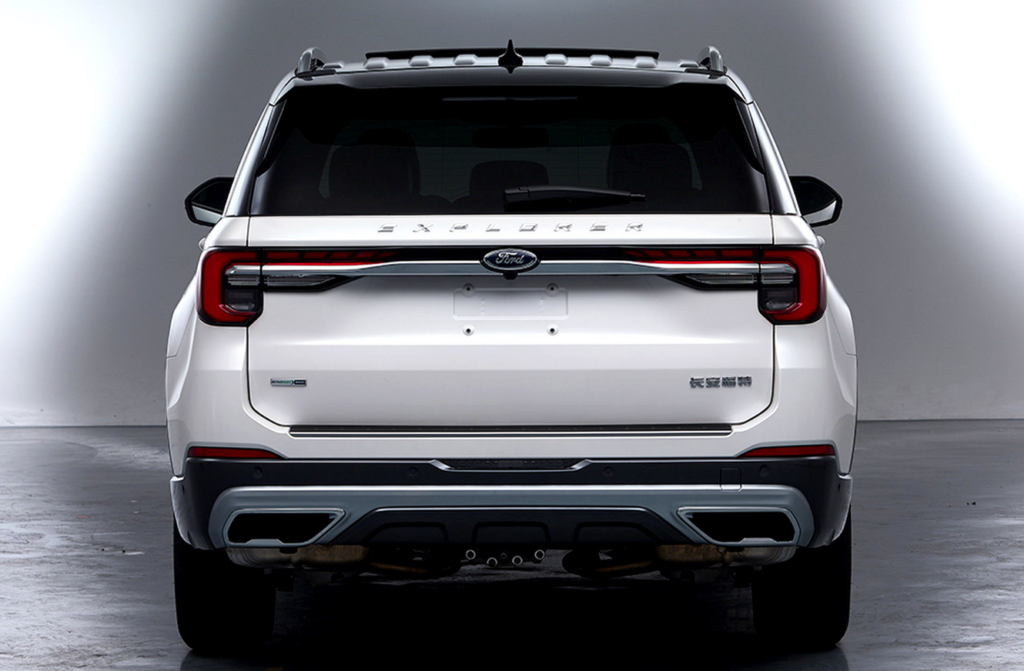
Navigating the Future: Explorer Engine Options for 2025 and Beyond
The automotive landscape is undergoing a rapid transformation, driven by technological advancements and evolving consumer demands. As we approach 2025, the realm of explorer vehicles, known for their ruggedness and off-road prowess, is poised for a significant shift in engine options. This evolution promises enhanced performance, fuel efficiency, and environmental responsibility, while retaining the core attributes that define the explorer experience.
The Internal Combustion Engine: A Continued Presence
Despite the rise of alternative powertrains, the internal combustion engine (ICE) will likely remain a prominent option in 2025. Its proven reliability, widespread infrastructure, and relatively low cost make it a compelling choice for many consumers. However, advancements in engine technology are crucial to meet tightening emissions regulations and enhance fuel economy.
- Improved Efficiency: Expect to see advancements in direct injection, variable valve timing, and turbocharging to optimize combustion and reduce fuel consumption.
- Hybrid Synergy: Mild hybrid systems, utilizing an electric motor to assist the ICE, are becoming increasingly common. These systems offer a boost in fuel efficiency and torque without sacrificing the familiar driving experience.
- Biofuels: The use of biofuels derived from renewable sources, such as ethanol and biodiesel, is expected to increase, contributing to a reduction in greenhouse gas emissions.
The Rise of Electrification:
The electric revolution is sweeping through the automotive industry, and explorer vehicles are not immune to its influence. While fully electric SUVs are still relatively new, their adoption is accelerating, driven by factors like environmental concerns, government incentives, and technological advancements.
- Battery Electric Vehicles (BEVs): These vehicles are powered solely by electricity, offering zero tailpipe emissions and impressive torque. However, range anxiety and charging infrastructure limitations remain challenges.
- Plug-in Hybrid Electric Vehicles (PHEVs): These vehicles combine a gasoline engine with a large battery pack, providing flexibility for both short city commutes and longer road trips. PHEVs offer a balance between performance, efficiency, and range.
- Hydrogen Fuel Cell Vehicles: While still in their early stages of development, hydrogen fuel cell vehicles offer a promising alternative to traditional ICEs. These vehicles produce only water as a byproduct, but infrastructure limitations and high costs are currently significant hurdles.
Beyond the Engine: Advanced Technologies
The focus on engine options is only part of the story. Advanced technologies are playing a crucial role in shaping the future of explorer vehicles.
- Autonomous Driving: Self-driving technology is rapidly evolving, with advanced driver-assistance systems (ADAS) becoming increasingly sophisticated. These systems can enhance safety, reduce driver fatigue, and even navigate challenging terrain autonomously.
- Connectivity: Vehicles are becoming increasingly connected, offering features like real-time traffic updates, remote diagnostics, and over-the-air software updates. These advancements improve convenience and enhance the overall driving experience.
- Lightweight Materials: The use of lightweight materials, such as aluminum and carbon fiber, is becoming more prevalent. This reduces weight, improves fuel efficiency, and enhances performance.
The Importance of Choice:
The diverse range of engine options and advanced technologies available in 2025 and beyond allows consumers to choose the vehicle that best suits their individual needs and preferences. Whether prioritizing fuel efficiency, off-road capability, or a blend of both, there will be a suitable option available.
FAQs: Exploring the Future of Explorer Engines
1. Will internal combustion engines disappear completely by 2025?
While the automotive landscape is transitioning towards electrification, ICEs will likely remain a significant option for many years to come. Their affordability, established infrastructure, and proven reliability make them a compelling choice for certain segments of the market.
2. What are the main benefits of electric vehicles for explorers?
Electric vehicles offer zero tailpipe emissions, instant torque for off-road performance, and potential cost savings over time due to lower fuel and maintenance costs. However, their range and charging infrastructure limitations are still significant considerations.
3. How will the transition to electric vehicles impact the off-road experience?
Electric motors offer unparalleled torque, making them ideal for navigating challenging terrain. However, the lack of noise from an internal combustion engine may diminish the traditional off-road experience for some enthusiasts.
4. What are the future trends in engine technology for explorer vehicles?
Expect to see continued advancements in hybrid systems, biofuels, and fuel-efficient ICEs. The development of solid-state batteries and improved charging infrastructure will also play a crucial role in driving the adoption of electric vehicles.
5. How will autonomous driving technology impact the explorer experience?
Autonomous driving technology has the potential to enhance safety, reduce driver fatigue, and even enable the exploration of previously inaccessible terrain. However, regulatory frameworks and public acceptance remain key challenges.
Tips for Navigating the Explorer Engine Landscape:
- Consider your driving needs: Evaluate your typical driving patterns, terrain, and desired range to determine the most suitable engine option.
- Research available technologies: Explore the latest advancements in hybrid systems, electric vehicles, and autonomous driving technology.
- Factor in cost and infrastructure: Compare the purchase price, fuel costs, and charging infrastructure availability for different engine options.
- Stay informed about regulations: Be aware of evolving emissions standards and government incentives that may influence your choice.
Conclusion: Embracing the Future of Explorer Vehicles
The future of explorer vehicles is brimming with exciting possibilities. As engine technologies continue to evolve and advanced features become more commonplace, the driving experience will become more efficient, sustainable, and exhilarating. Whether you choose a traditional ICE, a hybrid, or a fully electric powertrain, the explorer experience will continue to be a testament to human ingenuity and a celebration of our connection with the natural world.

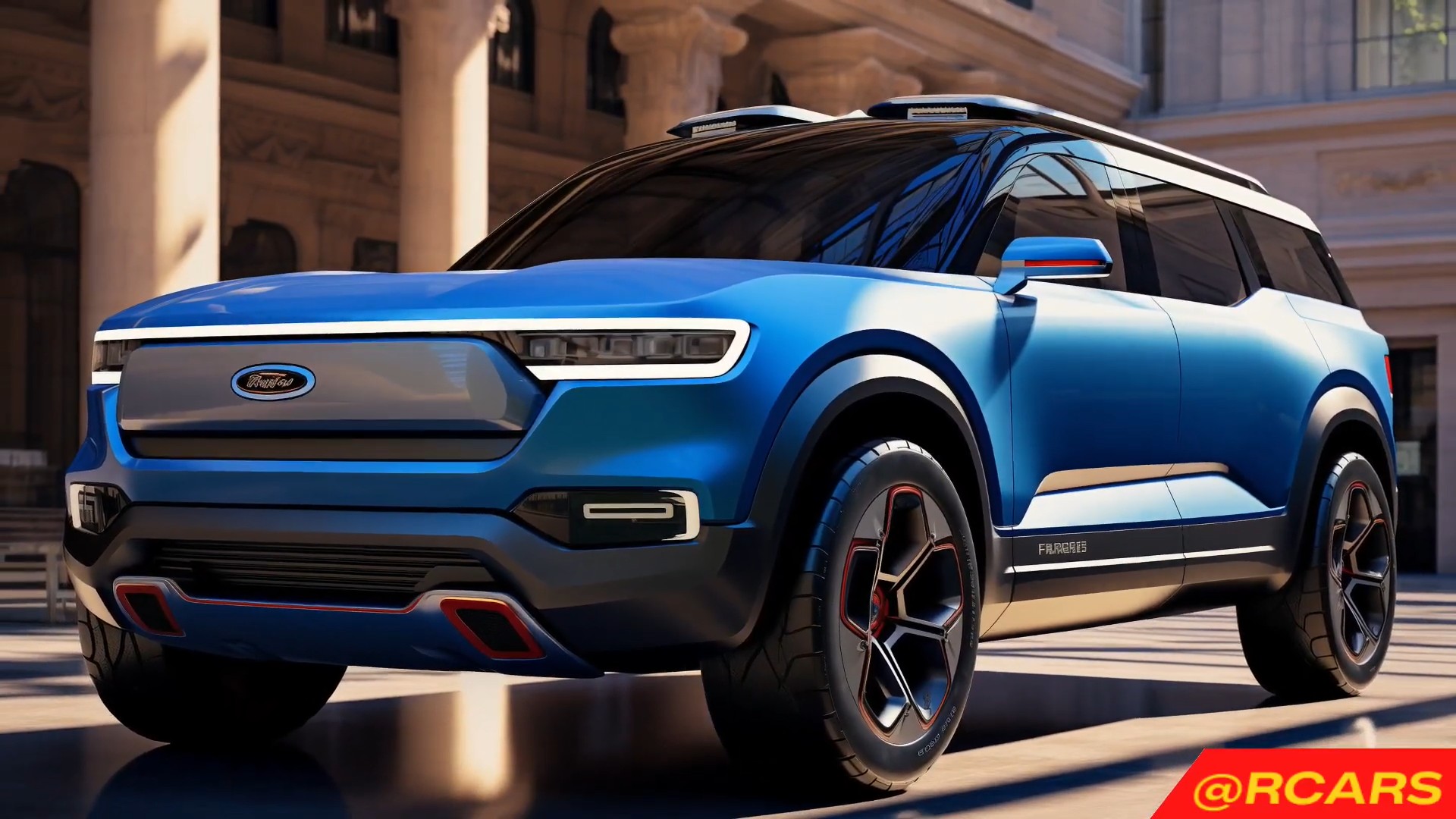

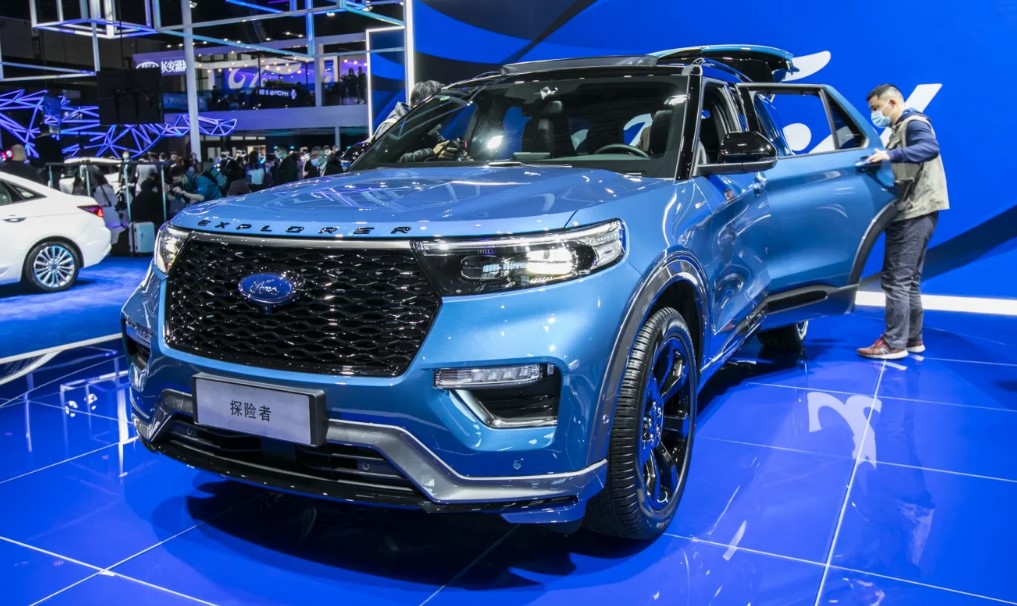
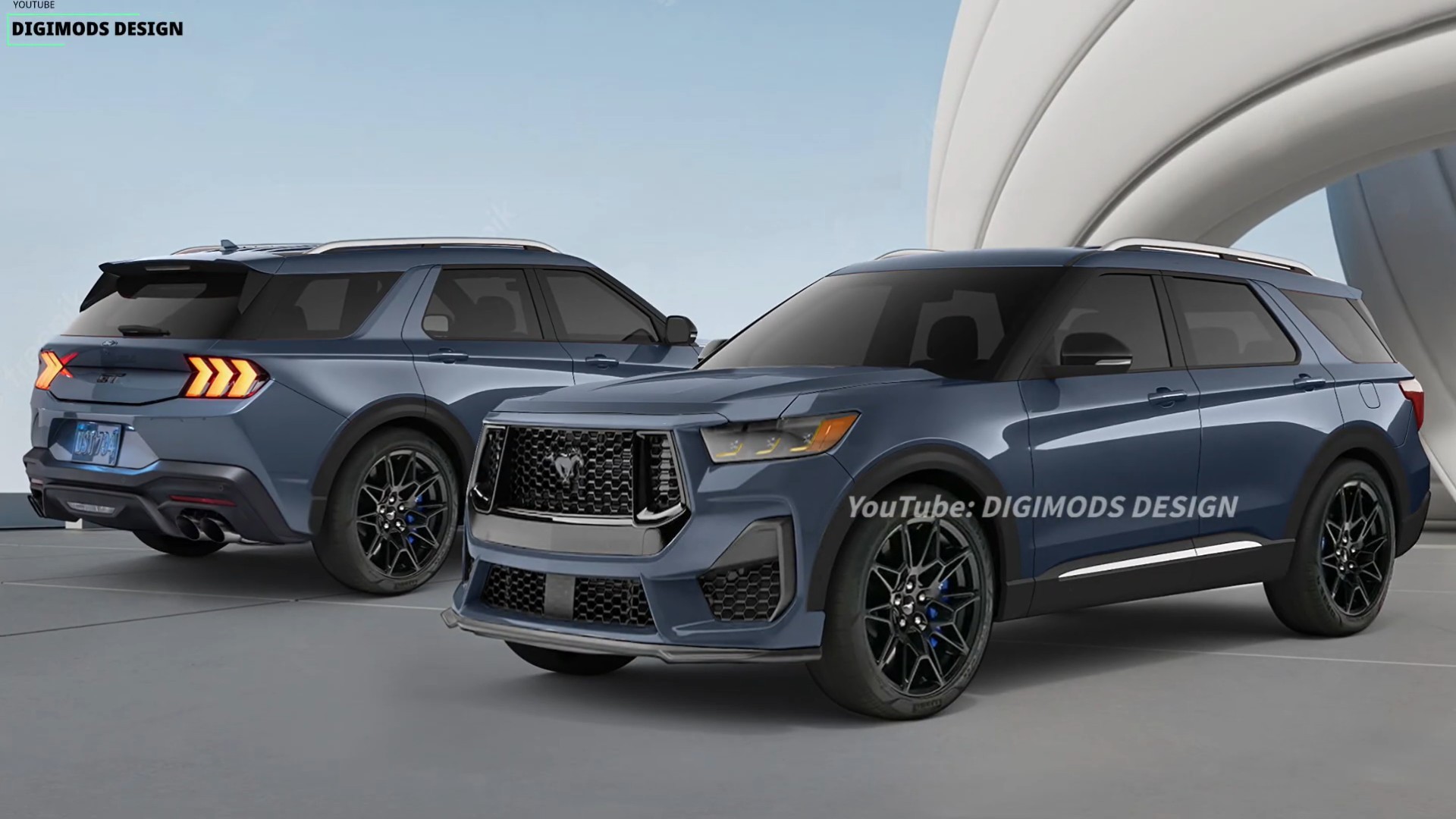

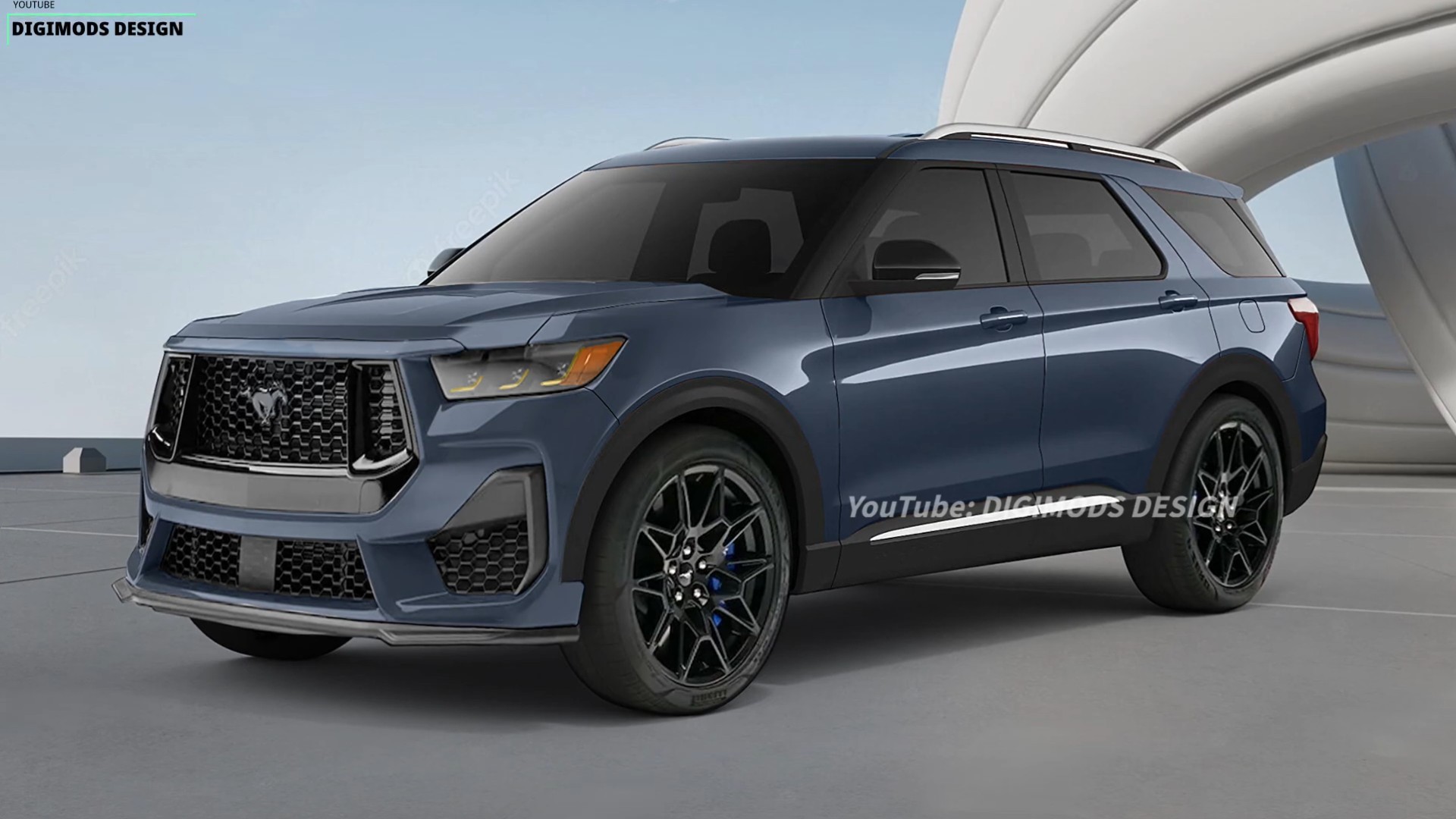

Closure
Thus, we hope this article has provided valuable insights into Navigating the Future: Explorer Engine Options for 2025 and Beyond. We hope you find this article informative and beneficial. See you in our next article!